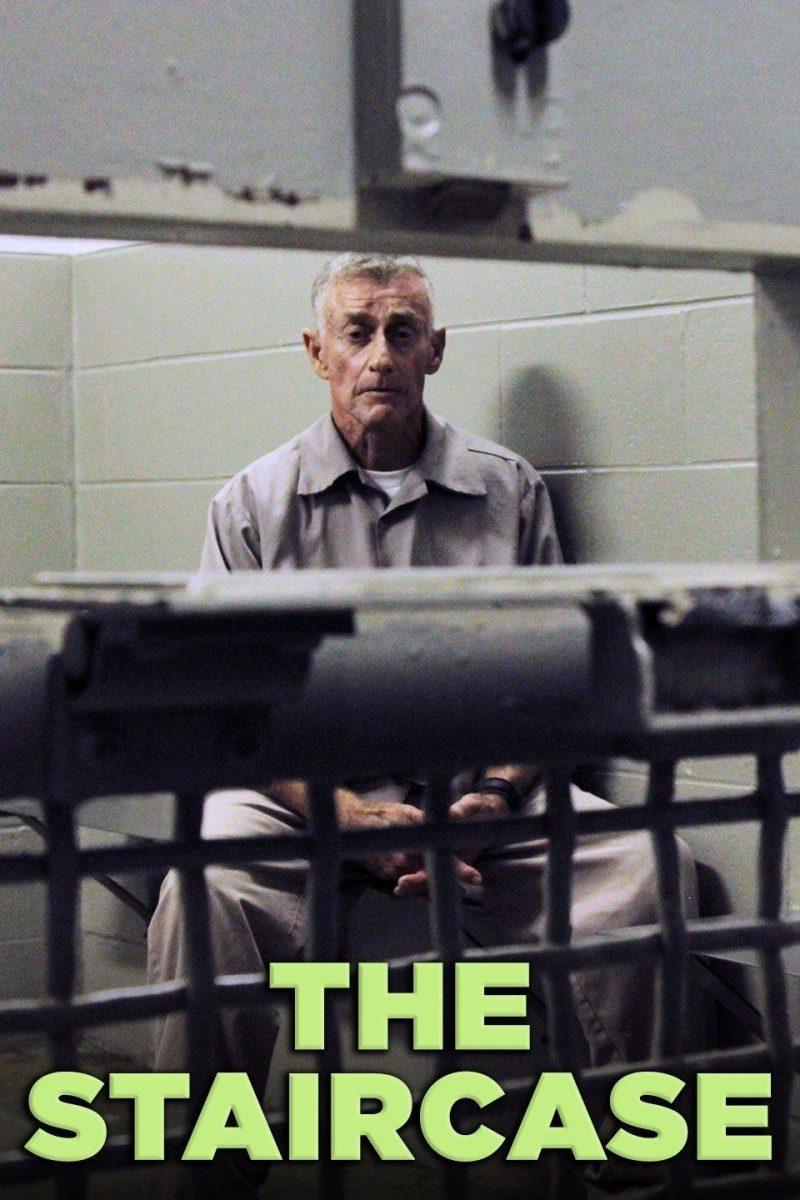True crime has taken over every form of entertainment this year. “My Favorite Murder” reached the top of the iTunes podcast charts, and Netflix has been producing murder documentaries left and right. People just really want to hear about the insane stories that follow horrific events, and the entertainment world is giving them what they want. Kathleen Peterson either fell or was pushed down her stairs on Dec. 9, 2001, and Netflix’s new series, “The Staircase,” lets you decide.
The docuseries was originally only eight episodes and first aired on French television in 2004. Since the show’s original release, the case has developed and new information has been unveiled, which ultimately led to two new sequels, including the Netflix original series released in June 2018.
The latest sequel has three new episodes that give an in-depth look at how Michael Peterson’s life has changed since the alleged murder. The episodes show how the trials affected his personal life and career as an author.
Michael spent eight years in prison after the jury found him guilty of murder, but after his 2011 release, he has since stayed in North Carolina where he was originally convicted. He has stayed quiet since his release from prison.
The series tells the story of Kathleen Peterson in 13 episodes, but over the course of the plot, it feels easier to sympathize with Michael than it does with her. Though the show attempts to remain impartial, it highlights Michael’s humanity and makes it easy for the audience to feel empathy for the man still alive rather than the woman unable to tell her own story.
By the end of the show, it’s easy to feel more connected to Michael, her husband and accused killer, and this isn’t just because he was the one telling the story. In the second and third episode, the defense reveals he was gay and hiding it from his wife, until she found out from reading his emails. The defense worried that because of the less tolerant nature of the early 2000’s, the jury would be less understanding toward Michael. When they reveal their fears to Michael, his face drops and the reality of his situation seems to sink in.
It isn’t hard to make an audience feel connected to a dead person — John Green does it all the time — but the documentary chose not to. Though her story is crucial to the documentary, Kathleen isn’t even really a part of it.
It is unclear whether Michael has always been off or is because he was accused, and may have murdered his wife. Either way, he is an odd character, which makes his innocence less certain to anyone.
The 13-part documentary series is chilling and can be an introspective experience if you let it. It won’t do the work for you, as many murder enthusiasts expect. You have to be willing to pay attention to every episode and understand that we just may never know what really happened on that strange night in 2001.








